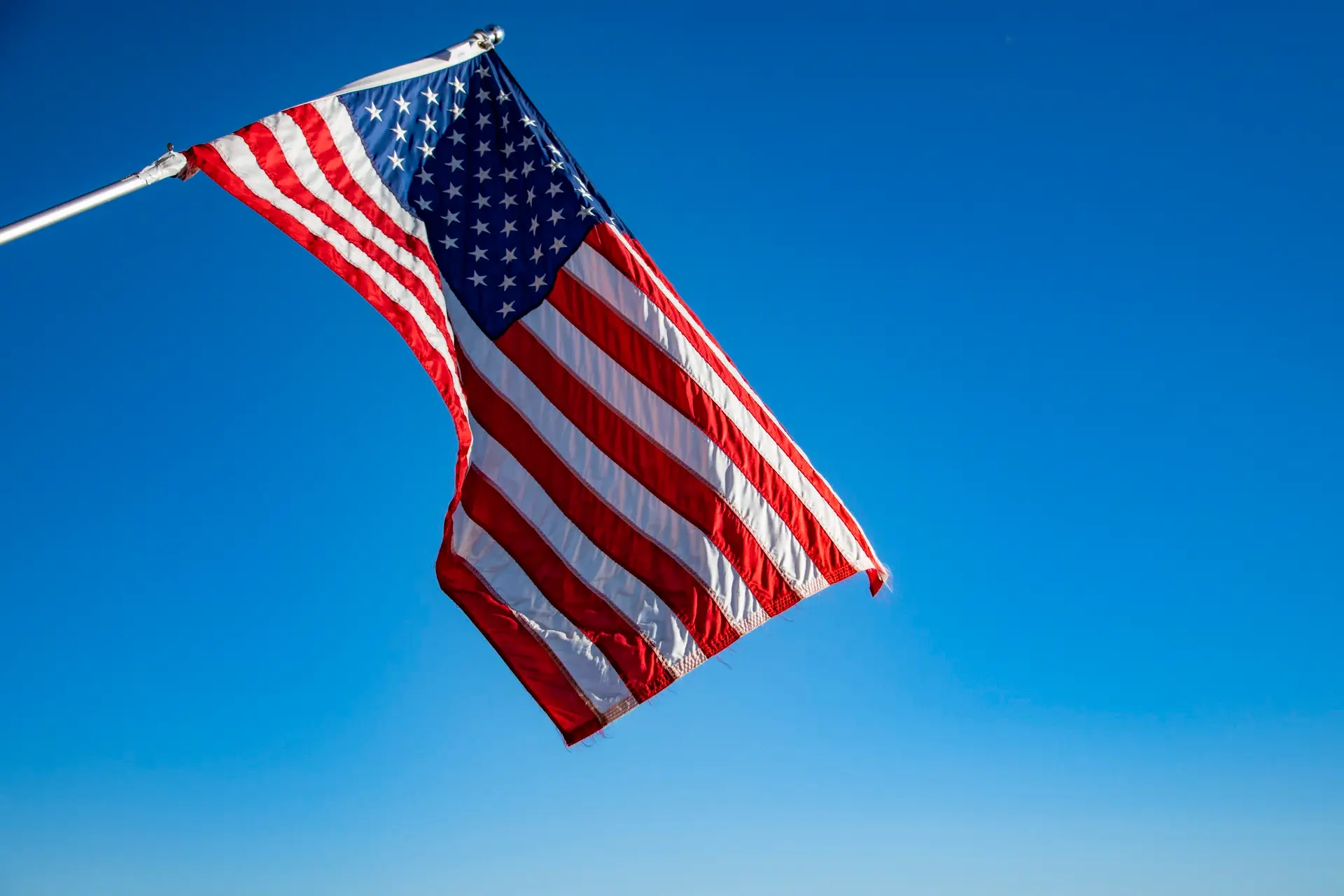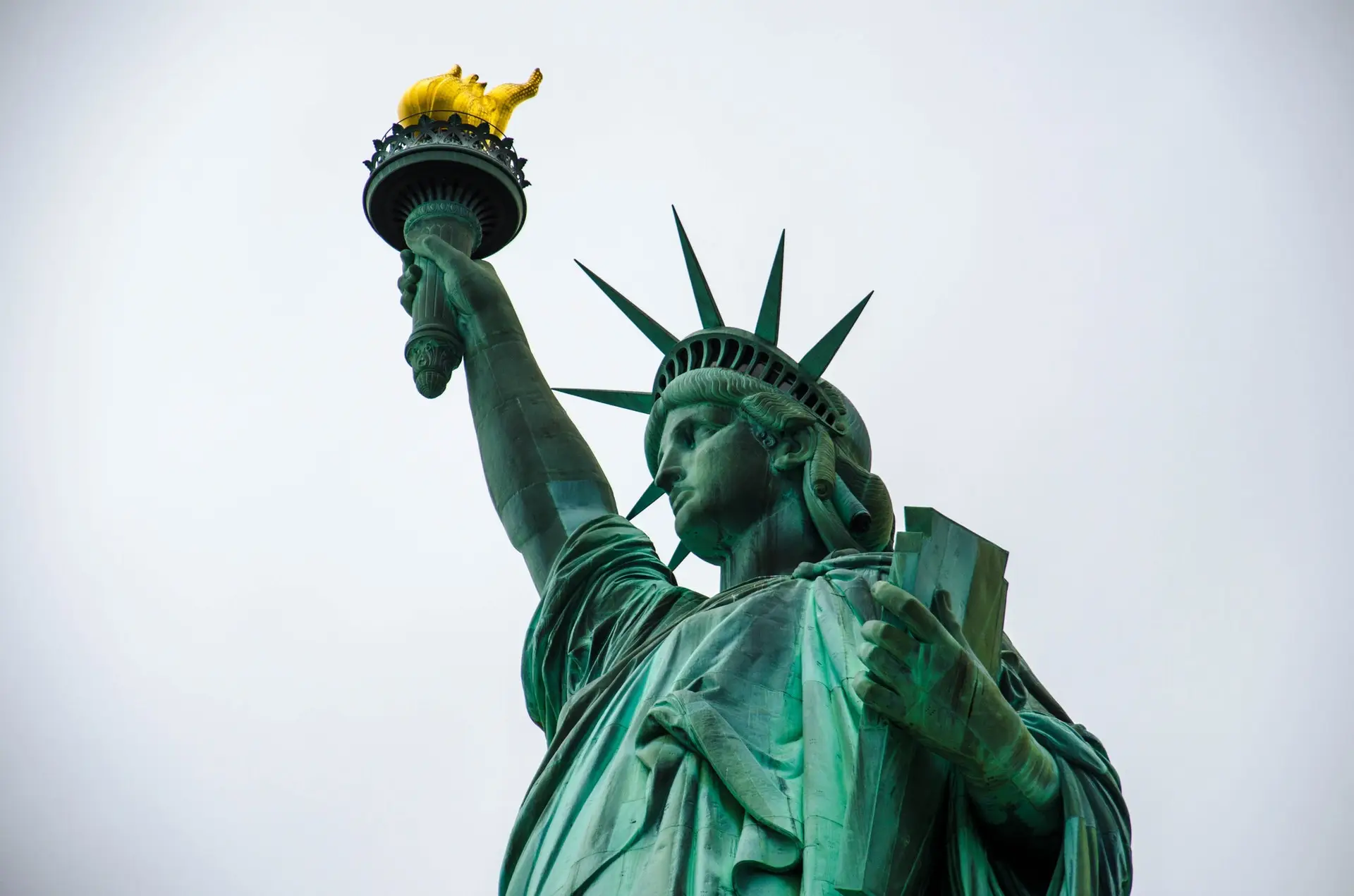
The Farm Bill and the Bible
One of the major pieces of legislation approved by the Congress of the United States this year was the Farm Bill. Every five years Congress is supposed to reauthorize the Farm Bill, which subsidizes agriculture production in the United States and funds various food assistance programs.
The debate over the Farm Bill was acrimonious. The bitterness over the bill which has a $876 billion price tag over 10 years was not over support prices for corn, cotton, soybeans and the rest. It was over nutrition programs like Supplemental Nutrition Assistance Program (SNAP), formerly known as Food Stamps, school lunches and other social safety net programs.
Statistics indicate 42 million Americans now live below the poverty line and rely on SNAP to help purchase food. The majority of recipients are women with children. The next largest percentage is the elderly.
At the root of the rancorous disagreement is whether the government should provide a social safety net for the poor and disabled of the nation. If so, what kind of safety net it should be? If not, who should take that responsibility—the church perhaps?
The disagreement provides an opportunity to look at the Bible to see what God’s Word says about the roles individuals and society as a whole have in caring for the least of these.
Christians frequently tell the story of God’s providential care of Joseph in Egypt. Less frequently do Christians reflect on the way God used government to gather, store and distribute food during the years of plenty and want.
Only government had the resources to address the seven years of famine that stretched beyond Egypt to surrounding areas. It was because of government programs that Egypt weathered the crisis and that others like the House of Jacob could find food to survive the severe famine.
A one-time event? Perhaps. But before the Hebrews became a people, God established guidelines indicating community responsibility for caring for the poor and needy.
Leviticus 19:9-10 introduces the practice of gleaning. The Hebrews were instructed not to harvest every corner of their fields or gather the fallen fruit of their vineyards. Deuteronomy 24:19-20 expands that principle to olive trees where trying to get a second harvest from the trees was forbidden.
The grain, the grapes and the olives were all left for the widow, the orphan, the needy, the stranger and the alien.
Additionally, every third year each family was instructed to contribute a tithe of their produce to the Levites “because (they) have no portion or inheritance among you.” This tithe, in addition to the regular tithe, was to be used by the Levite, the alien, the orphan, the widow and the needy “who are in your town” (Deuteronomy 14:22-29).
Deuteronomy 15:1 declares, “At the end of every seven years you shall grant a remission of debts.” Creditors were instructed to forgive the debt of a fellow Hebrew. Exodus 21 explains that one who has sold himself into slavery was to be released at the end of seven years.
After seven Sabbath years, the principle of debt forgiveness was extended. Every 50 years, called the Year of Jubilee, all land was returned to its original owner no matter how many times it had been bought and sold (Leviticus 25:8).
Laws laid down by the Bible concerning working conditions, wages, a sliding economic scale for sacrifices, equal justice for the rich, poor and the alien, plus much more.
Instructions given by God to the community did not lessen the responsibilities of individual members of society to care for the poor. Many of Israel’s prophets pleaded with rulers and citizens alike to care for the poor and needy.
Isaiah said, “Learn to do good. Seek justice. Reprove the ruthless. Defend the orphan. Plead for the widow” (Isaiah 1:17). Jeremiah 22:16 quotes God as saying, “He pled the cause of the afflicted and needy. Then it was well. Is not that what it means to know me?” Zechariah 7:10 adds, “Do not oppress the widow or the orphan, the stranger or the poor. And do not devise evil in your hearts against one another.”
In Jesus day all the Old Testament rules guiding the community’s care for the poor and needy were still in place. He spoke against none of them but emphasized the importance of individual action adding to what the community provided.
In Luke 10 Jesus held up the model of the Good Samaritan. In Luke 11:41 He commended “giving that which is within to charity.” Luke 12:32-33 shows Jesus urging His “little flock” to give to charity which He calls an “unfailing treasure in heaven.”
Perhaps it is because the Bible so clearly teaches that Christians are to care for the poor and needy that historians conclude that Christians were the first group to care about individuals beyond their family or tribe. Christians have always been at the forefront of ministries such as education, healthcare, hunger relief, prison reform, child labor and caring for the poor, the widow and the orphan.
Christians have sacrificed themselves in personal service, and Christians have sought to establish policies and practices that helped the community offer care and relief.
Recently a media outlet reported a poll indicating 80 percent of Americans opposed cutting Medicaid, 78 percent opposed cutting Social Security disability insurance and 66 percent opposed cutting food stamps.
Some say the results indicate the strong self-reliant spirit of America is failing.
Others point to the Bible and conclude the results show the church has helped people realize that care for the poor and needy is the responsibility of the community as well as of individuals.
Personally, I believe Christians are called to contend for what the Bible teaches. That means impacting public policy as well as in their individual lives.



